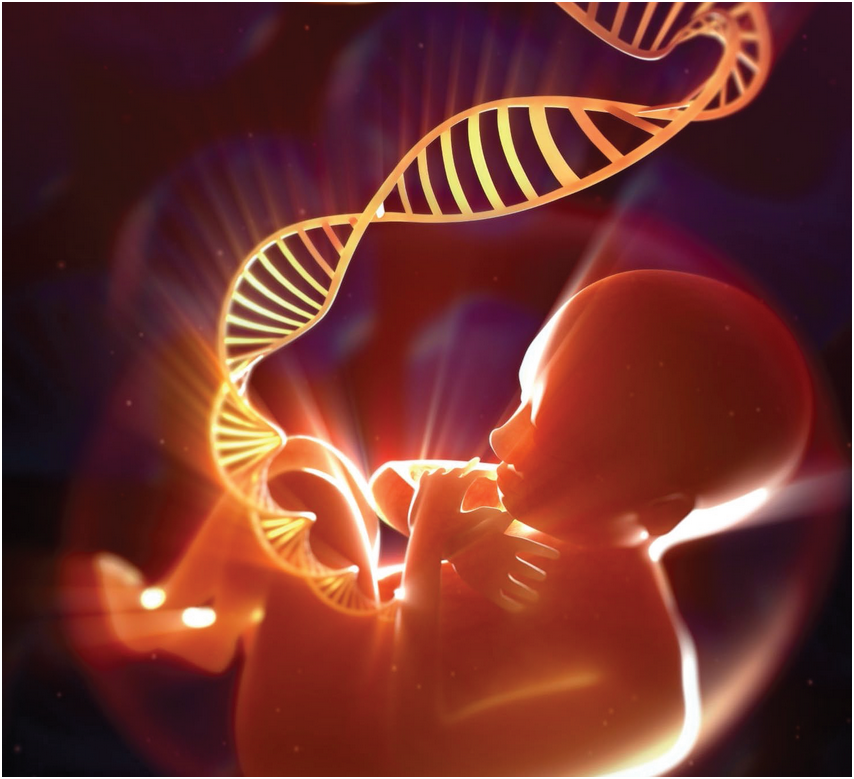Share

LONG-TERM VISION FOR HEALTH: GENETIC TESTING FOR HEREDITARY CANCER
By Victoria Healthcare 12 April 2019

What is Herediatary Cancer Genetic Testing?
Although only less than 3-10% off annually diagnosed cancers in general population are associared to inherited genetic defects, carries with hereditary pathogenic variants remain a relatively high risk of developing cancers. Individuals with germline variants in specific genes may have up to 80% lifetime risk for developing hereditary cancer. In most hereditary cancer, for example Hereditary Breast and Ovarian Cancer, the chance of developing early-onset cancer for offspring is still relatively high.
With the cutting edge Next Generation Genomic Sequencung (NGS) technology, detecting variants of genes associated with cancer has never this simple before. This genetic testing provides in depth genetic information of variants associate to hereditary cancer for testees and healthcare providers, enabling the development of patient-specific medical management plans to prvent or delay the onset of hereditary cancer, or detecting it at an earlier and more treatable stage.
How does it work?
Your healthcare provide will draw about 5 ml peripheral blood sample from you. This blood sample will be sent to BGI laboratary whre the DNA is extracted from the blood sample, squenced and analyzed using Next Generation Sequencing Technology and bioinformatics pipelines. Results are then returned to your healthcare provider who will help you interpret the results and provide ay follow up genetic counseling or treatment plan.
Test Result Information
If a variant is detected, the following will be indicated in the test result:
- List off detected variants in details;
- Description for clinical significant variants:
- Analytic test result shoud be reviewed and explained by a qualified healthcare professional who can provide necessary follow up genetic counseling or treatment plan.

Test limitations
1. Hereditary Cancer Genetic Test is NOT a clinical diagnostic test. It only provides an estimation of the likelihood of a person developing hereditary cancer based on the present of detected variants. The test result should not be used as the sole evidence for a clinical diagnostic conclusion. Results from alternative examinations or tests should also be considered to make a final clinical diagnostic determination.
2. Hereditary Cancer Genetic Test can only detect variants within targeted exon regions and nearby 10 dp flanking regions, including small scale single nucleotide variants (SNVs) / deletions/ insertions/ duplications within 20 dp, but cannot detect large scale mutations. such as long-fragment hetero-CNVs, dynamic mutations, complex recombination, structural changes in genome (including microscopic deletions, balanced translocation and inversions), ploidy changes, uniparental disomy, methylation alternations and/ or other rare alternations. Some highly repetitive regions with low complexity and regions share high degrees of homology with pseudogenes in genes cannot by fully covered by this test. For example exon 15 of CHEK2 gene, and exon 1 of STK11 gene.


